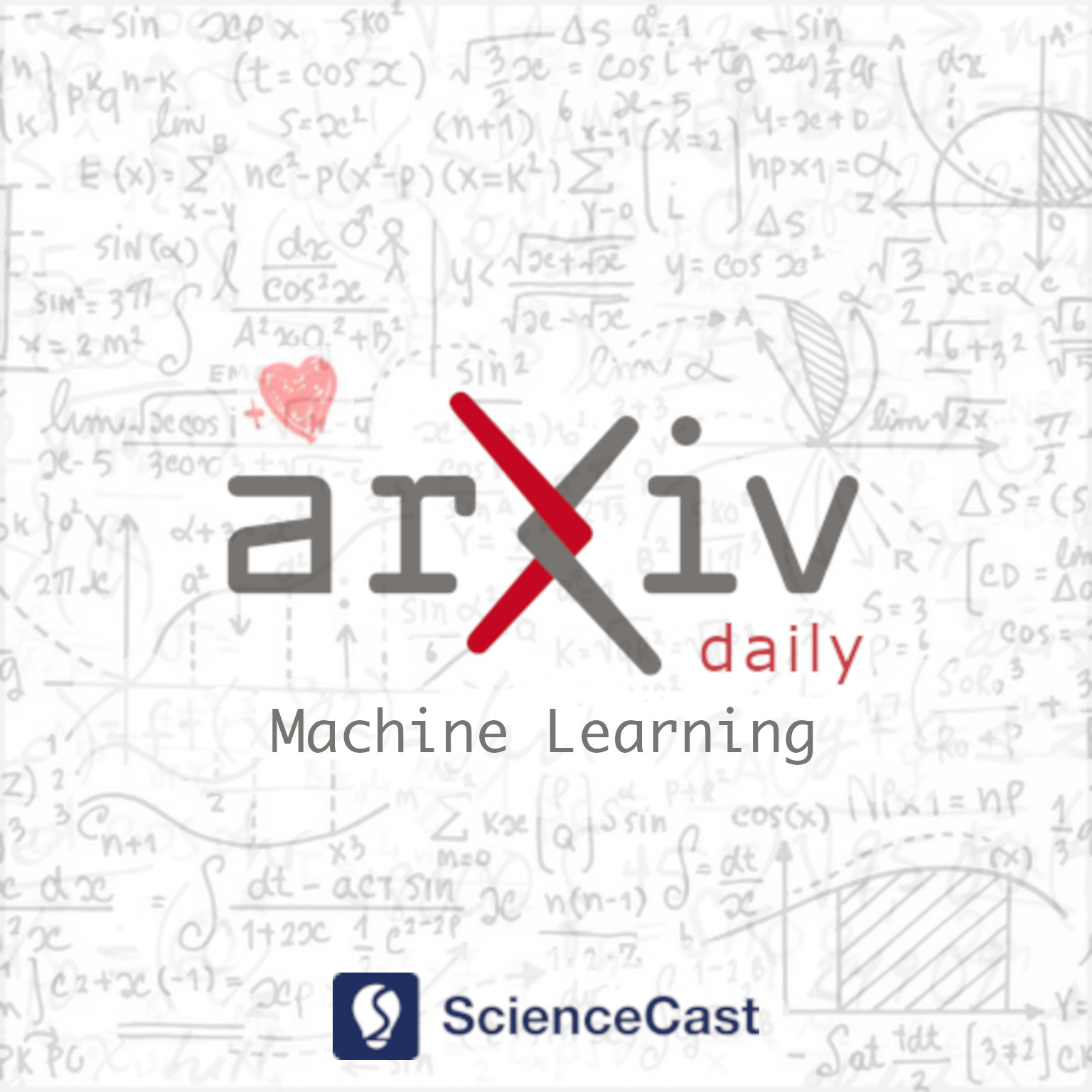
Machine Learning (stat.ML)
Fri, 28 Jul 2023
1.Confident Feature Ranking
Authors:Bitya Neuhof, Yuval Benjamini
Abstract: Interpretation of feature importance values often relies on the relative order of the features rather than on the value itself, referred to as ranking. However, the order may be unstable due to the small sample sizes used in calculating the importance values. We propose that post-hoc importance methods produce a ranking and simultaneous confident intervals for the rankings. Based on pairwise comparisons of the feature importance values, our method is guaranteed to include the ``true'' (infinite sample) ranking with high probability and allows for selecting top-k sets.
2.A Comparative Analysis of Machine Learning Methods for Lane Change Intention Recognition Using Vehicle Trajectory Data
Authors:Renteng Yuan
Abstract: Accurately detecting and predicting lane change (LC)processes can help autonomous vehicles better understand their surrounding environment, recognize potential safety hazards, and improve traffic safety. This paper focuses on LC processes and compares different machine learning methods' performance to recognize LC intention from high-dimensionality time series data. To validate the performance of the proposed models, a total number of 1023 vehicle trajectories is extracted from the CitySim dataset. For LC intention recognition issues, the results indicate that with ninety-eight percent of classification accuracy, ensemble methods reduce the impact of Type II and Type III classification errors. Without sacrificing recognition accuracy, the LightGBM demonstrates a sixfold improvement in model training efficiency than the XGBoost algorithm.
3.ODTlearn: A Package for Learning Optimal Decision Trees for Prediction and Prescription
Authors:Patrick Vossler, Sina Aghaei, Nathan Justin, Nathanael Jo, Andrés Gómez, Phebe Vayanos
Abstract: ODTLearn is an open-source Python package that provides methods for learning optimal decision trees for high-stakes predictive and prescriptive tasks based on the mixed-integer optimization (MIO) framework proposed in Aghaei et al. (2019) and several of its extensions. The current version of the package provides implementations for learning optimal classification trees, optimal fair classification trees, optimal classification trees robust to distribution shifts, and optimal prescriptive trees from observational data. We have designed the package to be easy to maintain and extend as new optimal decision tree problem classes, reformulation strategies, and solution algorithms are introduced. To this end, the package follows object-oriented design principles and supports both commercial (Gurobi) and open source (COIN-OR branch and cut) solvers. The package documentation and an extensive user guide can be found at https://d3m-research-group.github.io/odtlearn/. Additionally, users can view the package source code and submit feature requests and bug reports by visiting https://github.com/D3M-Research-Group/odtlearn.